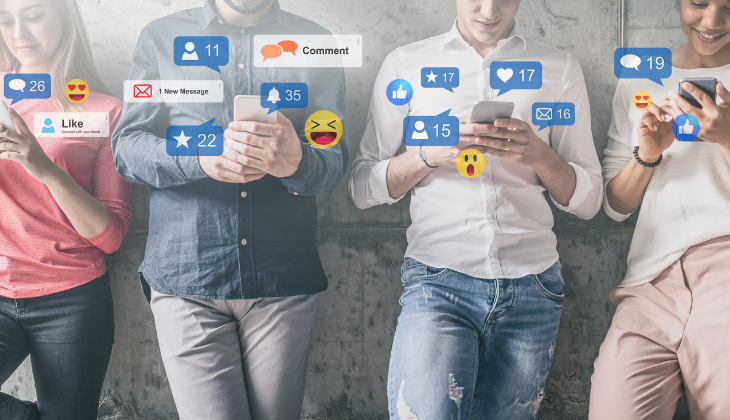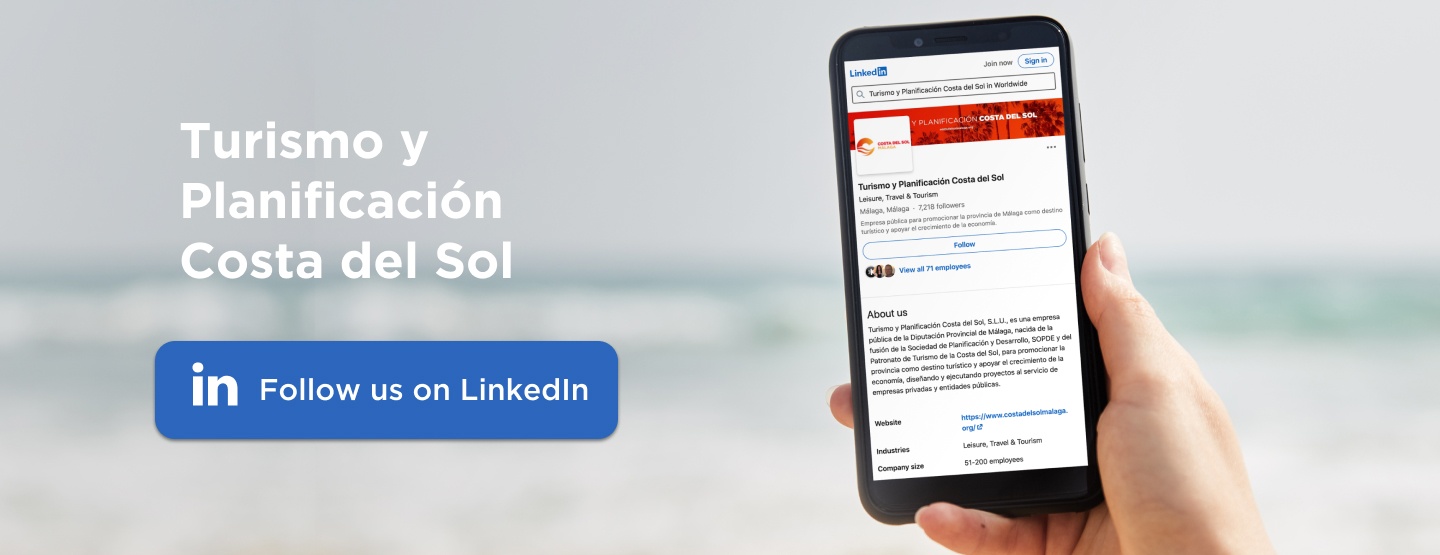As digitisation has become a part of our lives, it has also become intrinsic to the tourist industry. In this context, you might have come across the concept of digital reputation. If you’d like to find out more about the importance of digital reputation for tourist companies, this is the post for you. Keep reading.
In the modern world, working on your digital reputation is commonplace and its importance cannot be understated. The tourist industry knows this only too well. Mismanaging digital reputation can end up being a huge headache. A good example of this is the case of United Airlines. The carrier broke a passenger’s guitar that he had checked into the hold. So far, so normal. Accidents happen. But the company didn’t pay due diligence to the customer’s complaint. His response was to write a song that literally stated that United Airlines breaks guitars. It went viral and was one of the most viewed videos on YouTube.
On the other end of the spectrum are companies such as Iberia, Meliá and Paradores whose superb digital reputation puts them in high demand, according to a report by Brand Finance. Brands’ digital reputation comprises all the content they publish online. The combination of all these publications - whether they be data, images, news and reviews - come together to create an image of the company. Digital reputation therefore has a significant impact on public opinion about a brand and consequently determines sales.

The flip side is that digital reputation has no bearing on reality. But evidently, online reputation has consequences on the real world, and vice versa. Digital reputation can therefore be viewed as the company’s physical reputation being moved into the digital sphere.
Digital reputation and social media
One of the biggest challenges related to digital reputation for companies is how it manages social media. Following the release of web 2.0, online communication became 100% bidirectional. This means that companies only have control over the messages they post on their channels and no say in the messages other users leave about them.

A common problem companies face nowadays are trolls. The term refers to users, who are normally difficult to identify, that seek to damage the online reputation of companies, brands and public figures, sometimes causing significant communication crises. But trolls don’t just try to cause harm using anonymous accounts. On occasion, they create fake accounts of the real accounts they are trolling to give more credibility to their content.
How to protect and improve your digital reputation
First and foremost, security: the first thing to bear in mind when considering your digital reputation. Protect accounts with secure passwords, change them periodically and do not store them on the cloud. Wherever possible, activate two-step verification, a great way to prevent identity theft.
Transparency: users value companies that are authentic and that share real information and data about their products and services. This will help generate a relationship based on trust with your customers.
Accessibility: users love interacting with the brands they follow. The more accessible your brand, the better your relationship with your customers will be.
Immediacy: if the internet has changed anything, it’s our expectations with regards to waiting times. We are no longer willing to wait. It’s therefore important to reply to messages and emails in a timely fashion.
Customer service: another solid piece of advice for creating a positive online reputation is to put effort into your digital relationships with your customers. Think carefully about the content you post, use a friendly tone of voice, listen to what they say and try to find solutions to the problems they are facing. Regularly monitoring and responding to reviews is the best way to show that your customers matter to you. You can also encourage them to post their views on social media and platforms such as TripAdvisor.

In the tourist industry, new technologies have brought us into a world known as digital tourism. In this new online environment, your reputation is incredibly important. You therefore need to have a clearly-defined discourse surrounding your brand and work to make sure your customers view you in the way you want them to. Digital reputation may be fragile, but it also comes with countless benefits that pay dividends.







